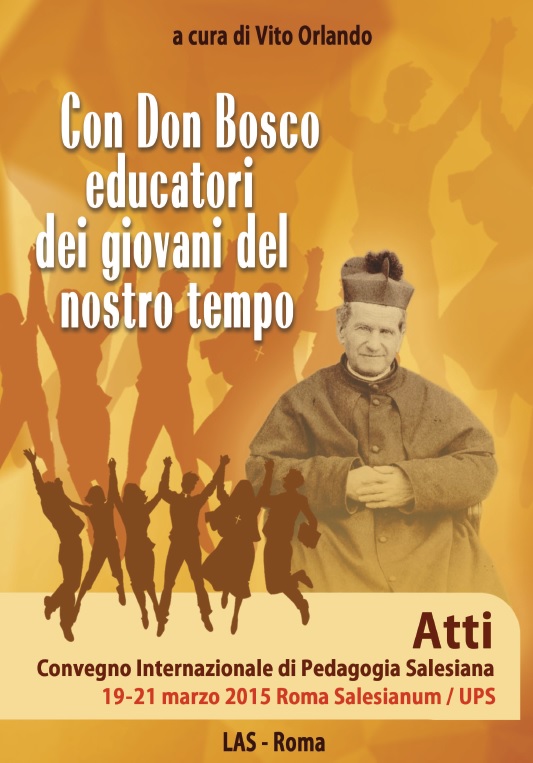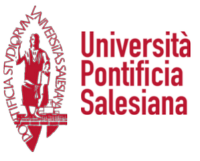On 25th January 2015, Don Bosco Navajeevan (A home for street children/Young at Risk) in Hyderabad received 230 young boys. They were rescued by the police who raided bangle-making units in the Old City in Hyderabad. The children, aged between 8 and 18, had been held as bonded labour. This is only the proverbial tip of the iceberg. Mr. Satyarthi, the Nobel Prize laureate, says that the Indian cities have a lot more hidden child labourers working under near-slavery conditions. What is worse, the children did not quite appreciate their release from “child labour” and being sent to their home states: Bihar and West Bengal; many of them said that they would return to the same work later. Poverty has become ever more prevalent so as to acquire such a tragic dimension. What is appalling perhaps is society’s mindset where “Child labor is not a big crime” or a mindset which does not place children on a priority list. There is also the discrimination that “These are the children of the lower castes who really do not matter.” India is said to be an emerging global power with its demographic dividend of an eligible work force (the 15-64 age group) comprising 430 million people, mostly youth – India’s key to future success. It is in fact a ticking time bomb as the frustration among the youth creates political instability and our generational dividend could turn into a disaster. It is a growing mass of largely undernourished, undereducated, and unemployed young people who aspire to a better life but don’t have the means to get there – only 30 million people employed in the organized sector, and the remaining 400 million people are finding themselves in the unorganized sector.
INDICE
- Introduction
- The Sociological Context – Genesis of Don Bosco’s Preventive System
- The Indian Context – A Reality Check
- Revisiting Don Bosco’s Preventive System of Education
- The Expressive Presence – the Visible Structure of the Preventive System
- The Three R’s (Rapport/Loving Kindness, Religion and Reason): The Foundation
- Don Bosco’s Preventive System and the Concept of Resilience
- Don Bosco’s Preventive System Promotes Child Rights: It’s Relevance Today
- The Right to Life or Survival
- The Right to Protection
- The Right to Development
- The Right to Be Heard (Respect for the Views of the Child)
- The Community Dimension
- Building Relationships – Rapport/Loving Kindness
- Religion in Promoting the Positive
- Application of the Preventive System in the Multi-Religious-Cultural Context of India
- The Way Forward
Reference time period: 2015
T. Koshy, “The relevance of Don Bosco’s preventive system of education in the context of the young at risk in India” in “Con Don Bosco educatori dei giovani del nostro tempo“. Atti del Convegno Internazionale di Pedagogia Salesiana 19-21 marzo 2015 Roma Salesianum/Ups, a cura di Vito Orlando, LAS, Roma 2015, 257-272.
Reference institution:
Direzione Generale SDB

